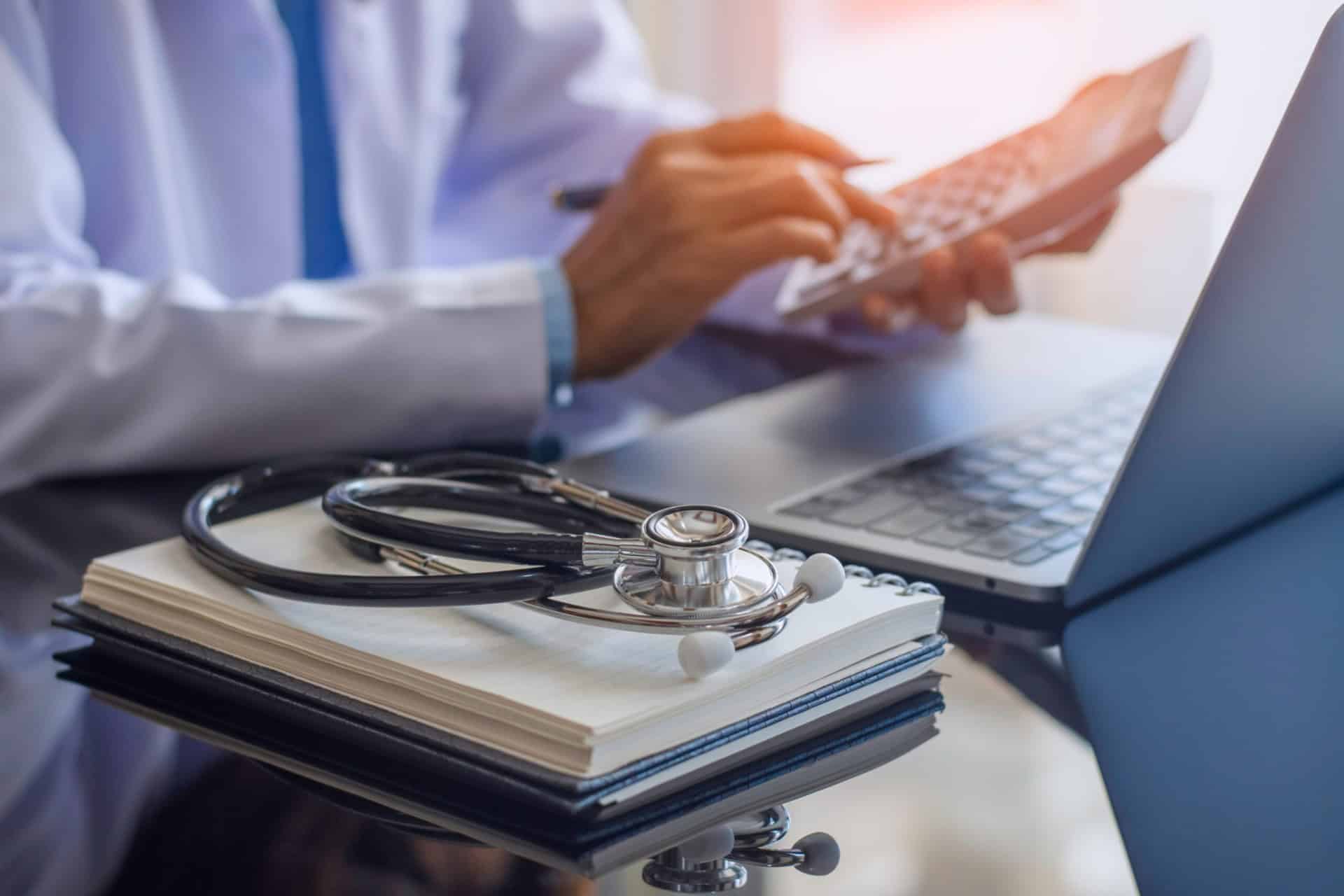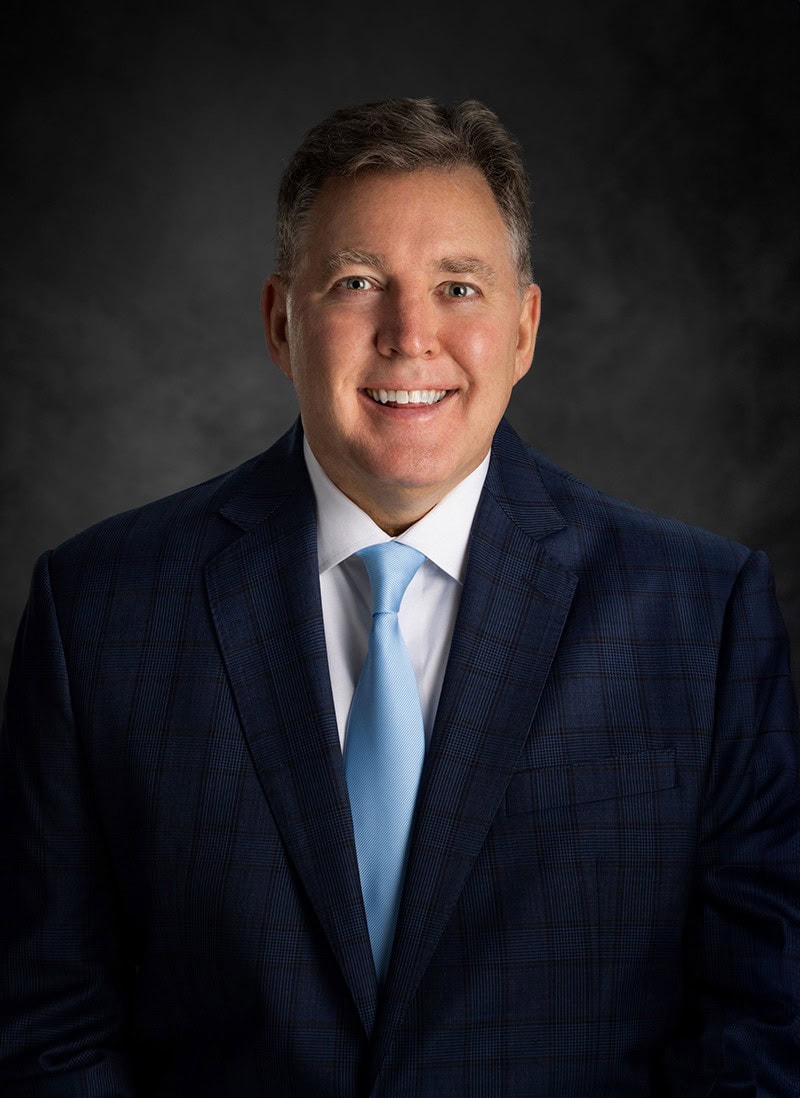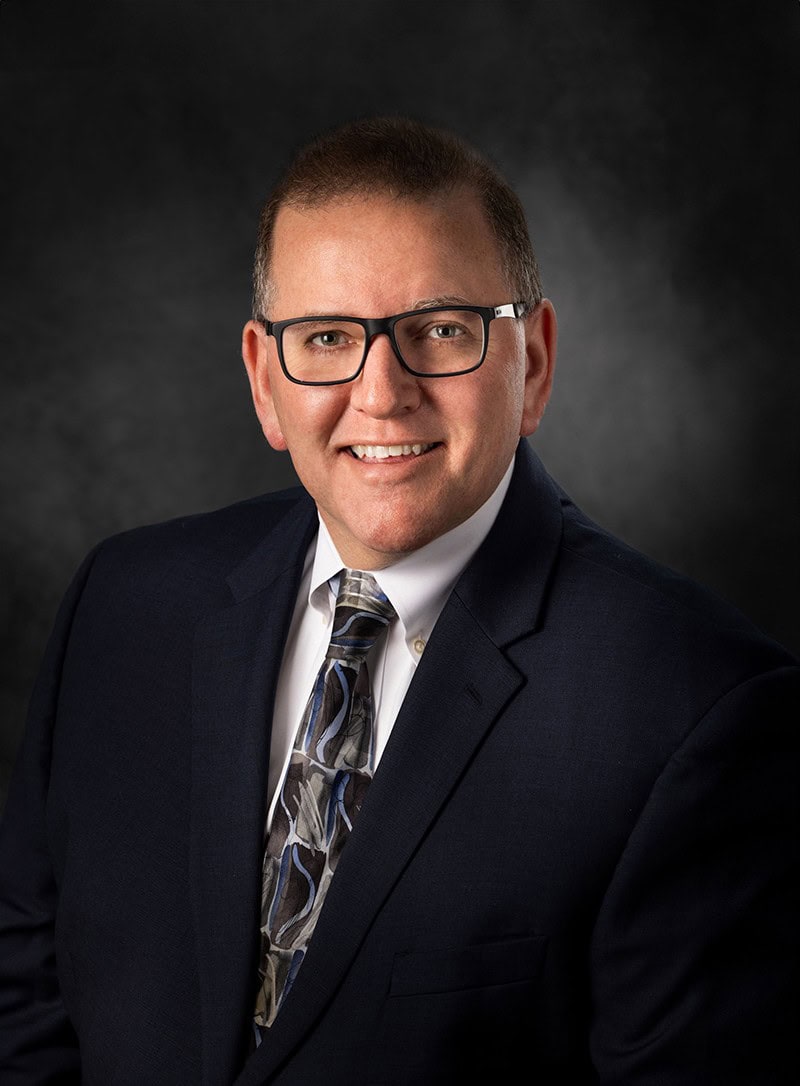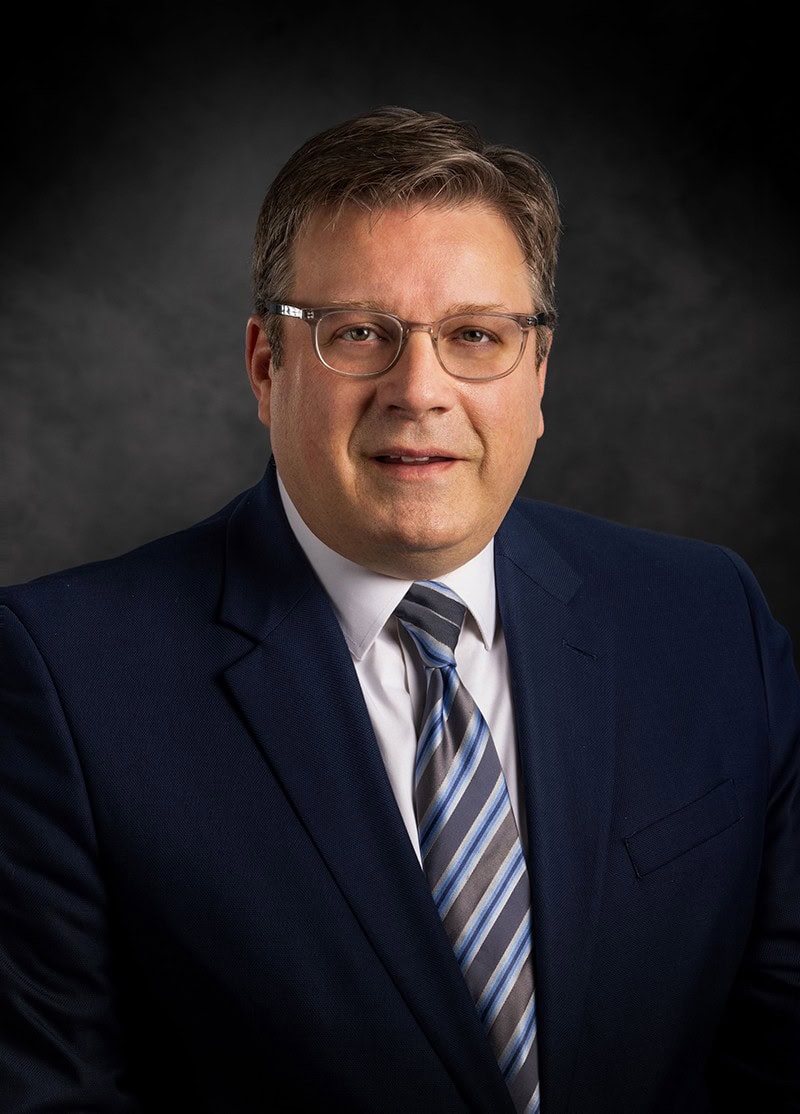
Motorists in West Virginia are required to carry liability coverage. This provides financial protection and covers another party’s damages in the event the policyholder is at fault for an accident.
The minimum amounts that drivers must carry are:
- $20,000 for one person in one crash;
- $40,000 for two or more people in one crash; and
- $10,000 for property damage.
As drivers who are in an accident consider whose insurance will pay for their damages, they may find that medical payments coverage is a very helpful optional coverage. It can pay for the policyholder’s medical costs regardless of fault.
Medical costs covered by liability coverage includes:
- surgeries;
- medical treatment;
- ambulance services;
- nursing care;
- prosthetics; and
- funeral costs (in the event of death).
Why Motorists Choose Medical Payments Insurance Benefits
Because liability insurance is mandatory, many assume all costs would be covered by an at-fault driver’s insurance. But that isn’t always the case. The Insurance Research Council estimated that in 2011 one in seven drivers were uninsured. Further, expenses might be higher than policy limits. If that person has the minimum $20,000 bodily injury and someone sustains serious injuries, the costs could exceed that amount.
While uninsured (UM) and underinsured motorist coverage (UIM) can help pay for these damages if the driver doesn’t carry insurance or doesn’t have adequate insurance to pay for damages, medical payments can also provide coverage of some medical costs. Below are a few reasons that drivers choose to add this coverage to their policy.
Fault Doesn’t Matter
Motorists may choose this coverage because fault isn’t a factor to recover benefits. As West Virginia is a fault-based insurance state, Clarksburg drivers injured by a negligent motorist would file a claim with that driver’s insurer.
But sometimes there is a dispute concerning the claim, which could delay things. But with medical payments coverage, it’s available regardless of fault so it can help cover bills sooner. And if the policyholder is injured in an accident for which he or she is at fault, it can still provide coverage.
Pays for Medical Bills
Generally, the biggest expense in a serious accident is medical. When someone else was responsible for the accident, it can take months before that party’s insurance company actually pays the bills.
Even though health insurance might help with the medical bills, some people have very high deductibles and copayments. Medical payments coverage does not have deductibles or copayments. And for those who don’t have health insurance, this coverage is especially important.
Covers Passengers
Medical payments coverage doesn’t just pay for the insured’s costs. If a family member was driving the vehicle and was injured or there were passengers in the car, it would also cover their medical costs.
Covers Injuries in Other Types of Accidents
Although it usually pays for medical bills that arise out of a motor vehicle crash, medical payments can also provide protection in other accidents:
- pedestrian;
- bicyclist; and
- motorcyclist.
Of course, having medical payments on your policy doesn’t mean you shouldn’t pursue a liability claim against an at-fault driver. To do so, you may need legal assistance, especially if the crash resulted in serious injuries and damages. The Miley Legal Group helps injured drivers in Clarksburg, so give us a call if you’re injured in an accident: 304-931-4088 or contact us online.



